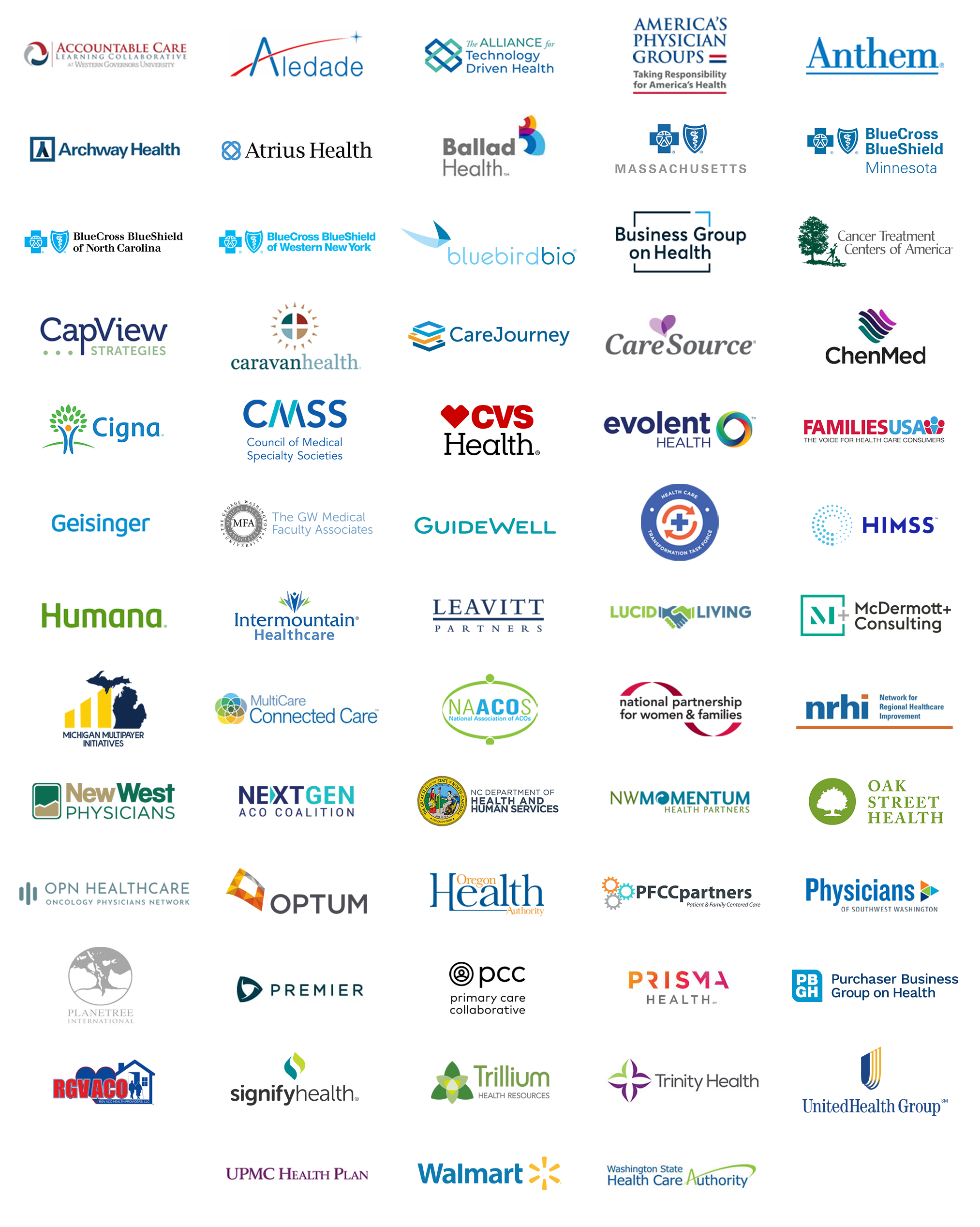Co-Chairs
 |
Tom Betlach, MSDirector of the Arizona Health Care Cost Containment System |
 |
Elliott Main, MDMedical Director for California Maternal Quality Care Collaborative (CMQCC) |
As the LAN pivots from a conceptual learning phase into an action and implementation phase, we believe episode-based payments generally, and maternity care specifically, have great potential. We are looking to support stakeholders interested in implementing maternity care payment models and engaging them in a Maternity Multi-Stakeholder Action Collaborative (MAC)
What is the MAC?
The MAC is designed to provide support and resources to organizations that want to drive improvement in maternity care outcomes via alternative payment. Our objective is to provide MAC participants with opportunities to accelerate the development and implementation of maternity care episode payments. In the short term, participation in the MAC will provide a structured resource to share ideas and promising practices. In the long term, MAC participation will make your organization a leader in the movement toward aligned adoption of maternity episode payment as an alternative payment model.
Why Maternity Care?
Maternity care cost varies significantly by payer (commercial or Medicaid), by type of birth (vaginal or cesarean section), and by setting (hospital or birth center). Prenatal care, labor and birth, and postpartum care are often paid for and delivered as three distinct periods when, in reality, they are all three phases of one episode in a woman’s life. To incentivize coordination across the practitioners and settings where the full spectrum of maternity services are provided, episode payment can be used with the goals of improving patient care, increasing coordination across services and providers, and lowering health care costs.
[kleo_button title=”Download the Current State of Maternity Care Infographic” href=”https://hcp-lan.org/workproducts/current-state-of-MC-infographic.pdf” style=”default” size=”” ]
Get Involved
The LAN invites your organization to be a MAC participant and join other stakeholders interested in improving maternity care via alternative payment models.
We understand that organizations may not be at the same stage of designing, testing, and implementing APMs. The LAN wants to work with your organization regardless of where it fits in that spectrum, and will provide an opportunity for participating organizations to collaborate with one another in a structured environment to learn “best practices” for implementation, using the LAN Clinical Episode Payment recommendations as a guidepost. MAC participants will be influential stakeholders in the process of setting maternity care goals and determining how best to achieve them. The LAN will use these discussions as guidance for creating practical tools to help payers, providers, and purchasers to redesign maternity care delivery.
Join our collaborative effort to improve outcomes for women and their babies. Lend your voice as we develop new and more effective ways to coordinate care. Shape the future of maternity care delivery.
To participate in the MAC, contact Tanya Alteras, MAC Lead, talteras@mitre.org
Alternative Care Models for Maternity
American Association of Birth Centers, AABC Proposal for Alternative Payment Models
Baby+Company Presentation, Overview and Payment Structure
Lamaze International Policy Brief, Evidence-Based Childbirth Education
Pacific Business Group on Health, California Maternity Episode Bundled Payment Project
Pacific Business Group on Health Case Study, Maternity Payment and Care Redesign Pilot
Strong Start for Mothers and Newborns Evaluation Year 1 Annual Report
Strong Start for Mothers and Newborns Evaluation Year 2 Annual Report Volume 1
Strong Start for Mothers and Newborns Evaluation Year 2 Annual Report Volume 2
Budget and Pricing
Truven Health Analytics Marketscan® Study, The Cost of Having a Baby in the United States
Harvard Business Review Article, How to Pay for Health Care
AHRQ HCUP Facts and Figures, Statistics on Hospital-Based Care in the United States, 2009
National Partnership for Women & Families Article, Payment Reform Recommendations and Action Steps
The Commonwealth Fund Article, Quality Matters, Targeting Maternal Care
Data and Infrastructure
Resources coming soon.
Existing APM Models
Community Health Choice LAN Summit Presentation, Maternity and Newborn Care Bundled Payment Pilot
Community Health Choice Presentation, Maternity and Newborn Care Bundled Payment Pilot
Geisinger Health System Presentation, The Geisinger ProvenCare Experience
Geisinger Health System Presentation, The Newborn Frontier
NJ.com Article, See Why Horizon Paid $3M in Bonuses to N.J. Doctors
State of Ohio, Patient Journey, Perinatal Episode
Tennessee Health Care Innovation Initiative Detailed Business Requirement, Perinatal Episode
McKesson.com Article, Bundles of Joy, Providence Health & Services
Pacific Business Group on Health Case Study, Maternity Payment and Care Redesign Pilot
Pacific Business Group on Health, California Maternity Episode Bundled Payment Project
The Portland Physician Scribe Article, Providence ‘Pregnancy Package’ Improves Outcomes
Glossary
The following terms are defined within the white paper as it relates to clinical episode payment models.
Clinical Episode Payment
A clinical episode payment is a bundled payment for a set of services that occur over time and across settings. This payment model can be focused on a: setting (such as a hospital or a hospital stay); procedure (such as elective surgery); or condition (such as diabetes).
Clinical Episode Payment Work Group
The LAN Guiding Committee convened the Clinical Episode Payment (CEP) Work Group to create a set of recommendations that can facilitate the adoption of clinical episode-based payment models.
Clinical Episode Payment Models
Clinical episode payment models are different from traditional fee-for-service (FFS) health care payment models, in which providers are paid separately for each service they deliver. Instead, clinical episode payment models take into consideration the quality, costs, and outcomes for a patient-centered course of care over a set period of time and across multiple settings.
Core Set of Logic
This will assist the industry in developing the capacity for grouping claims into bundles by standardizing some of the logic and allowing each payer to customize some of the more specific rules.
Design Elements
The design elements address questions stakeholders must consider when designing an episode-based payment model, including, but not limited to, the definition, the duration of the episode, and what services are to be included.
Fee-for-Service (FFS)
Clinical episode payment models are different from traditional fee-for-service (FFS) health care payment models, in which providers are paid separately for each service they deliver.
Operational Considerations
Operational considerations relate to implementing an episode payment model, including the roles and perspectives of stakeholders, data infrastructure issues, and the regulatory environment in which APMs must operate.
Making the Business Case
Catalyst for Payment Reform Action Brief, Maternity Care Payment
Childbirth Connection, US Cesarean Section Rate by State, 2011
CHQPR Presentation, A Better Way to Pay for Maternity Care
Commonwealth Fund Article, Quality Matters, Targeting Maternal Care
NACPM, A Bundled Payment Proposal to Improve Maternity Care Outcomes and Lower Costs
National Partnership for Women & Families Article, Payment Reform Recommendations and Action Steps
Truven Health Analytics Marketscan® Study, The Cost of Having a Baby in the United States
Women’s Health Issues Article, Steps Toward a High-Quality, High-Value Maternity Care System
Making The Business Case – Wednesday, February 8, 2017
Quality Measurement Part 1- Friday, March 3, 2017
Quality Measurement Part 2 – Monday, March 20, 2017
Setting the Patient Population – Thursday, May 4, 2017
Alternative Models of Maternity Care Delivery & Determining Services – Monday, May 22, 2017
Episode Budget and Price – Thursday, June 15, 2017
Data and Infrastructure – Friday, July 7, 2017
Contracting with Providers – Friday, July 28, 2017





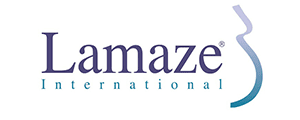

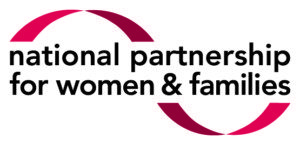










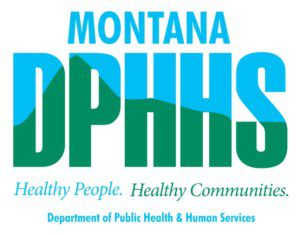
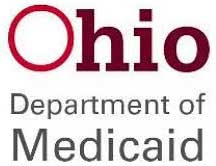







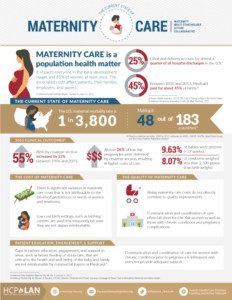
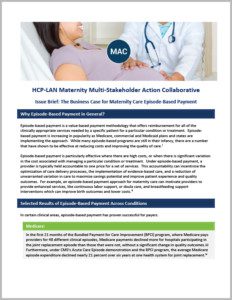
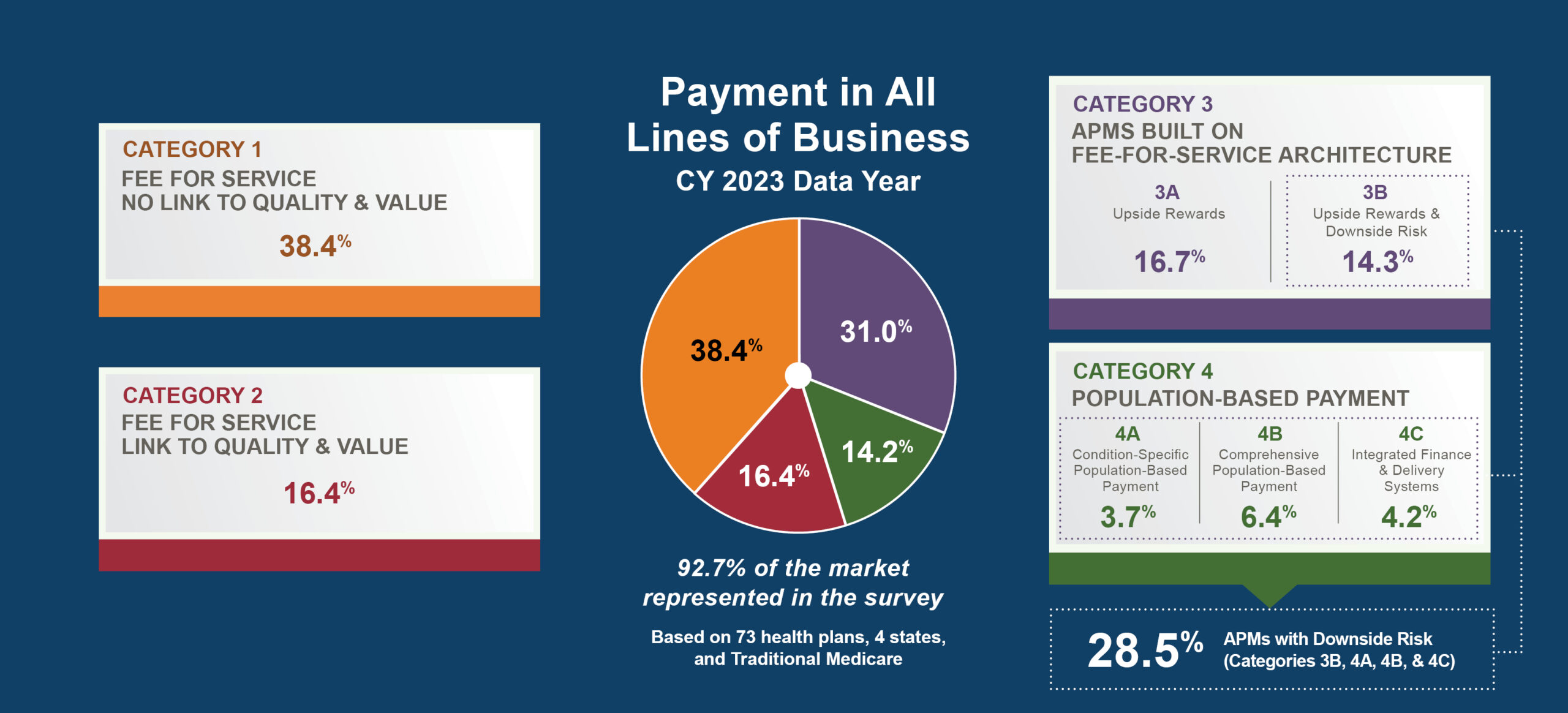

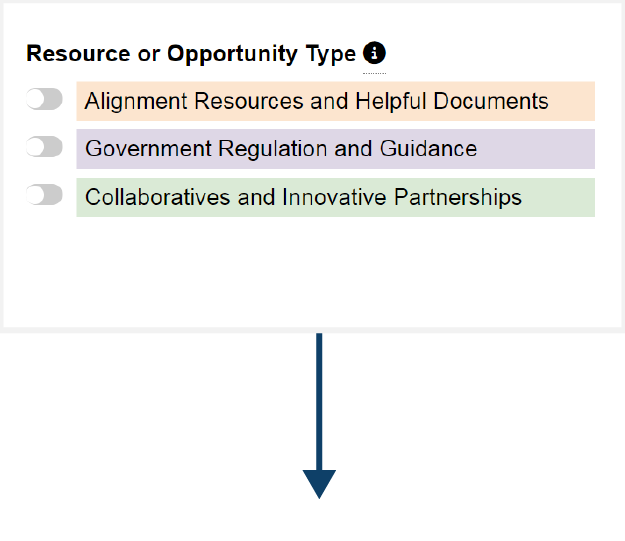
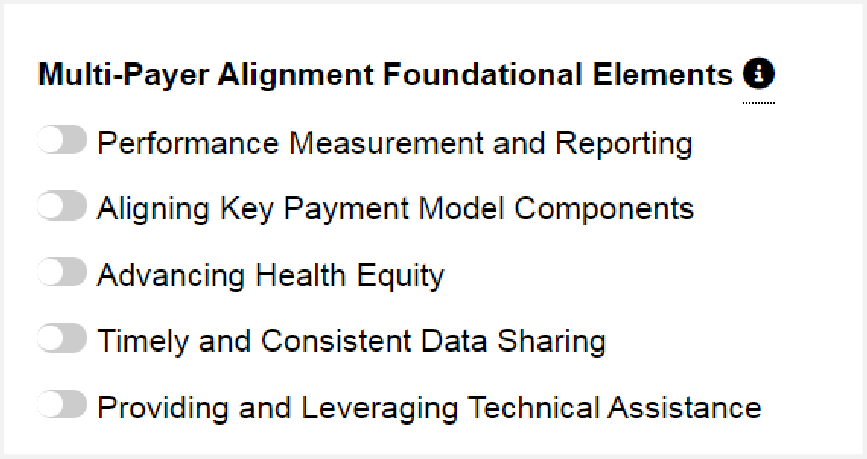
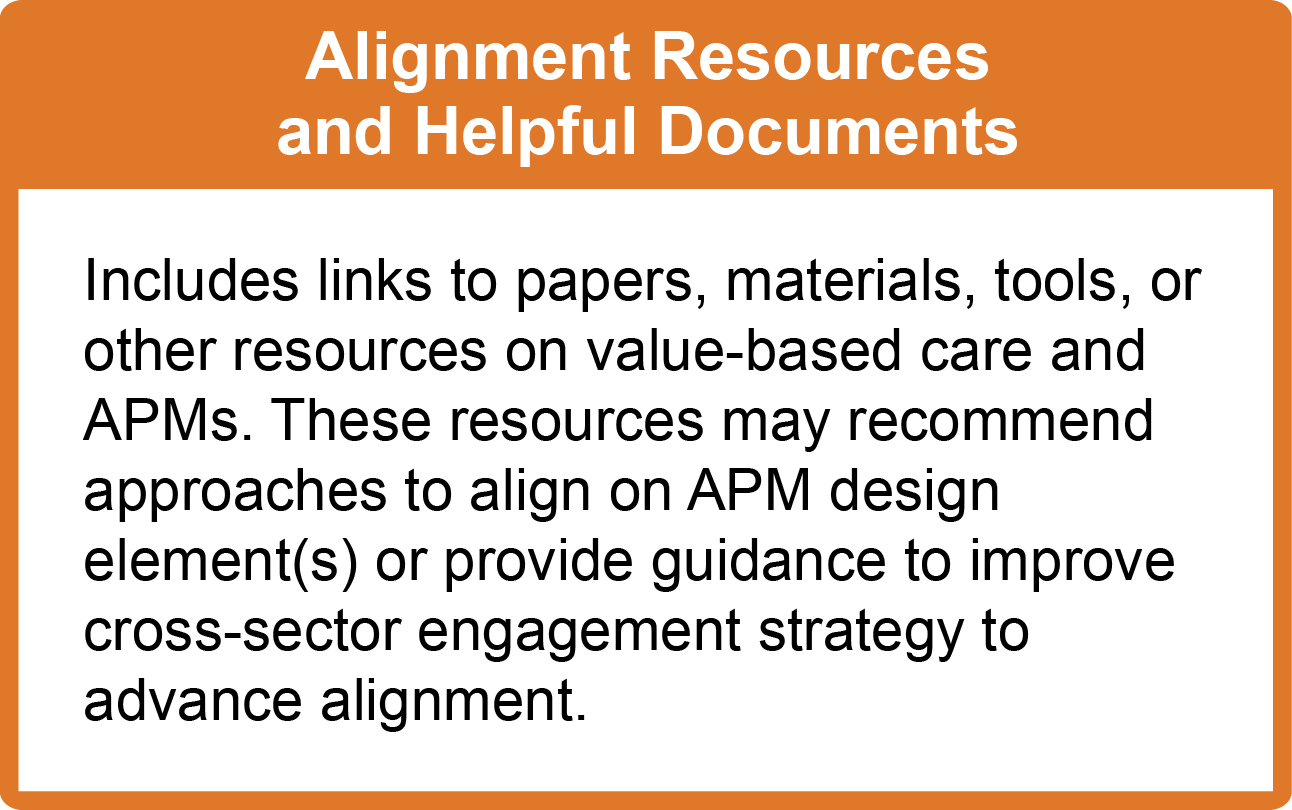
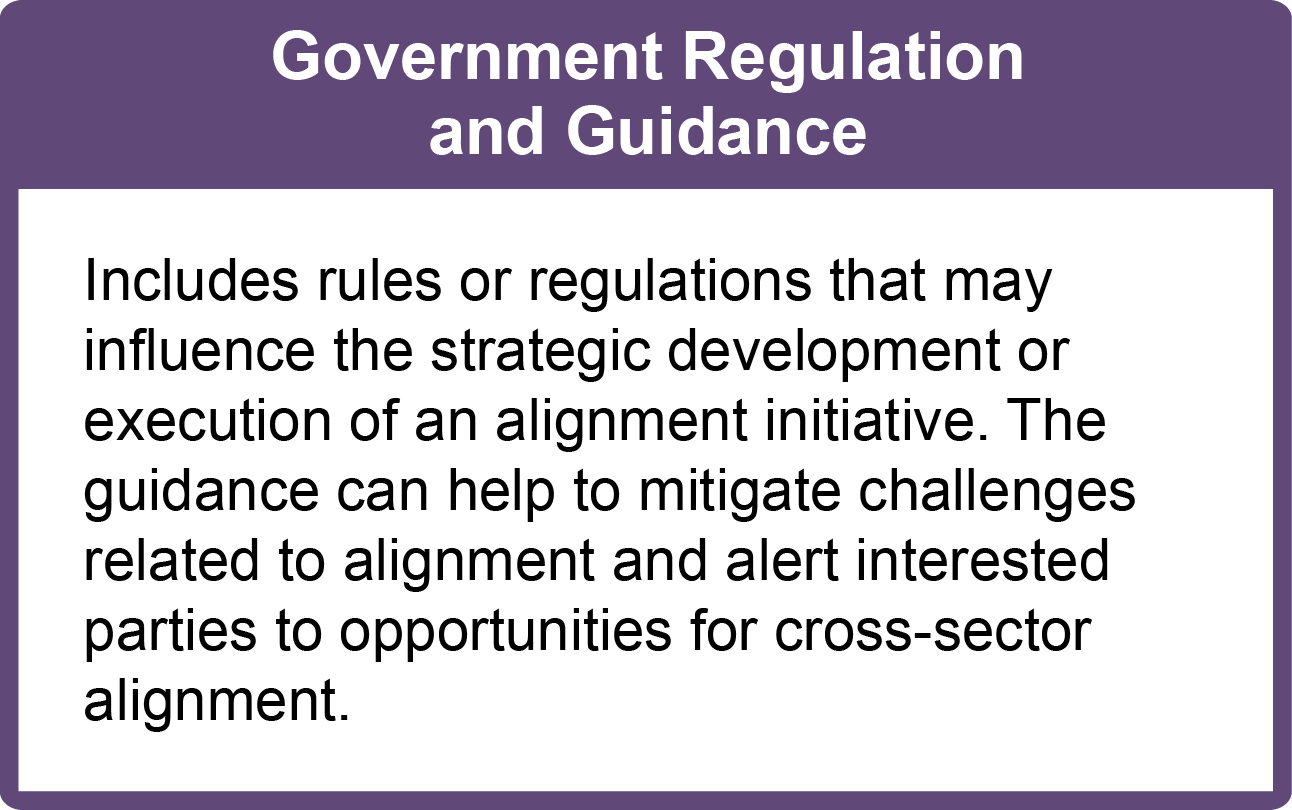
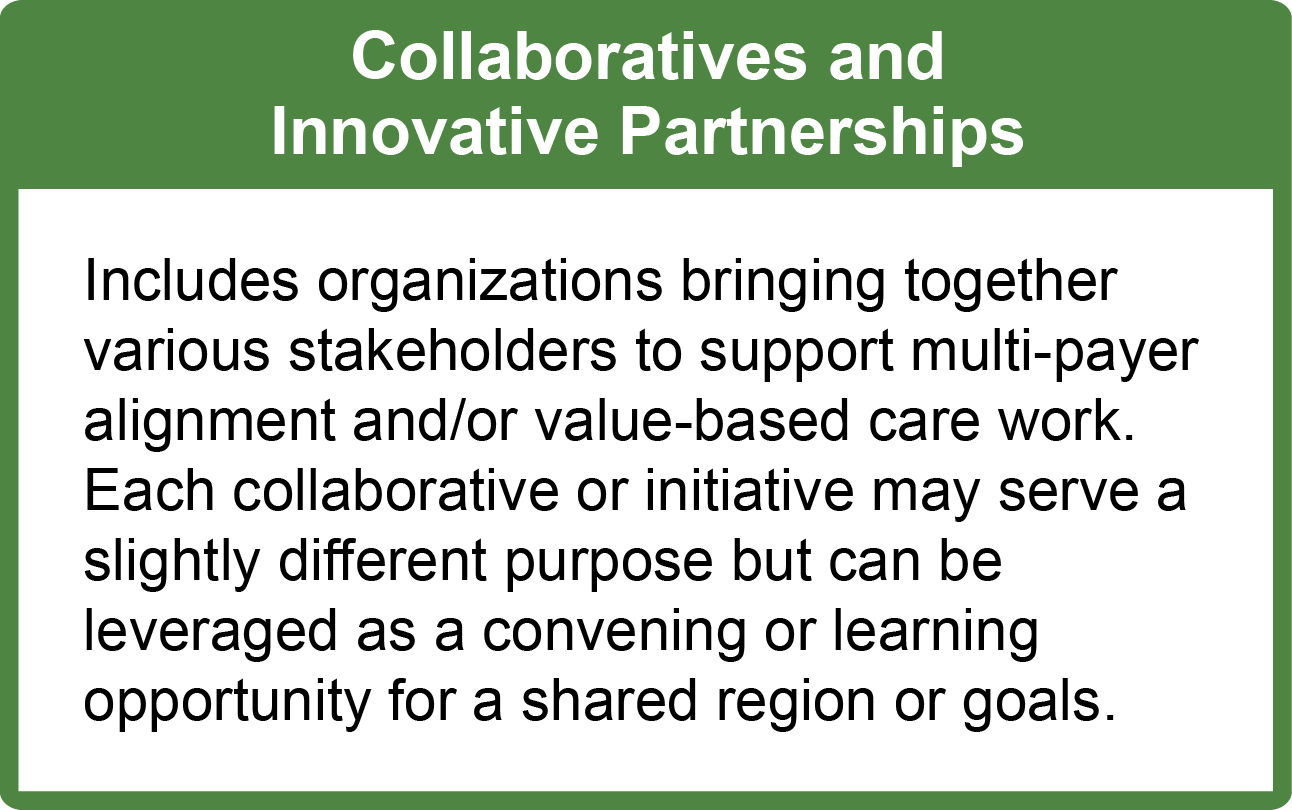

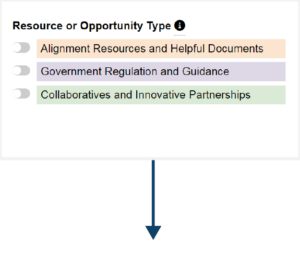
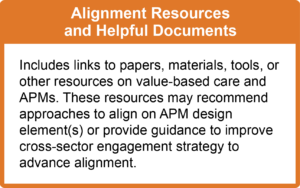
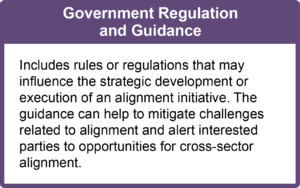
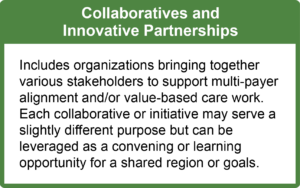
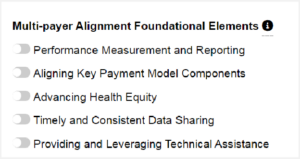
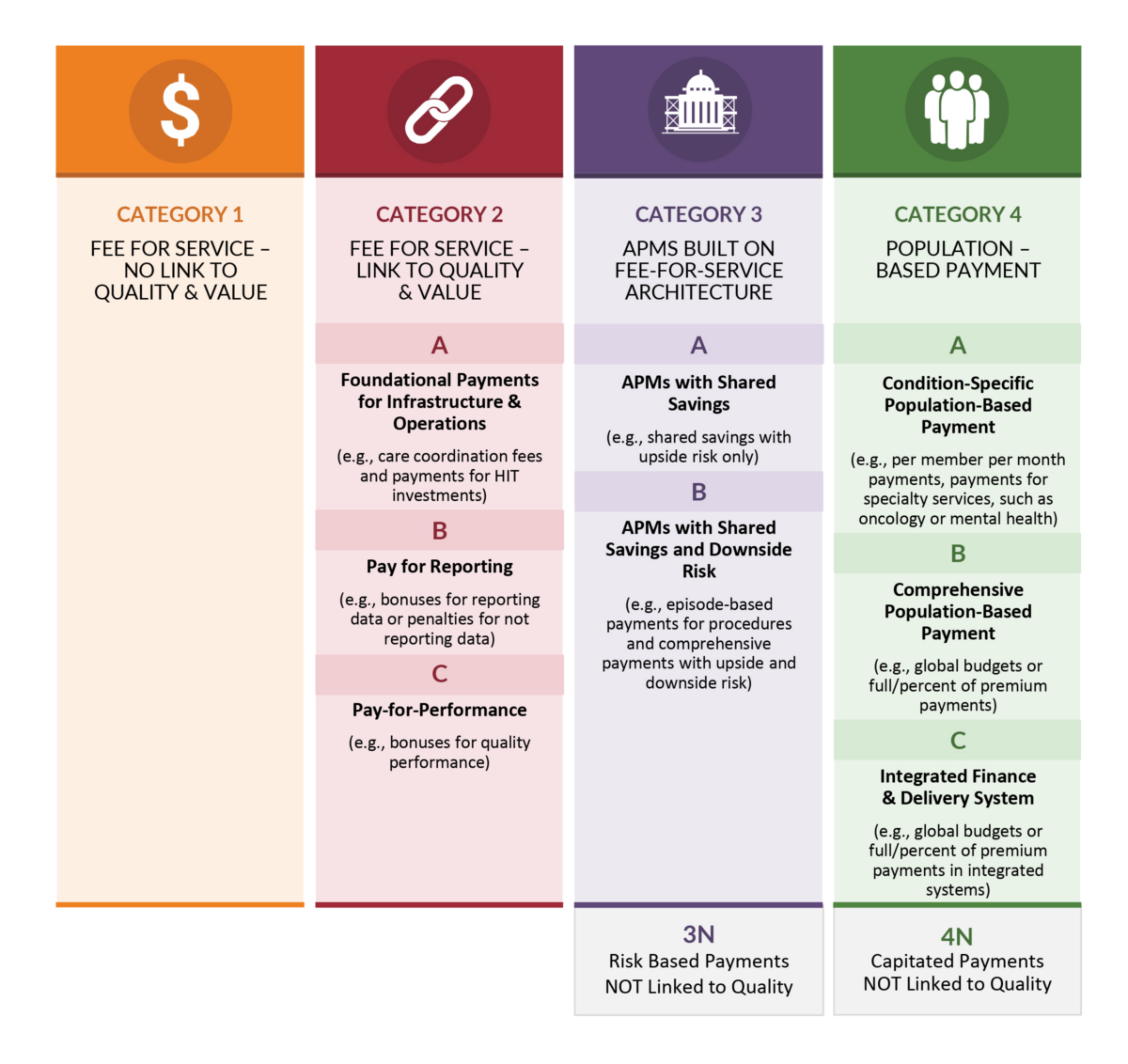
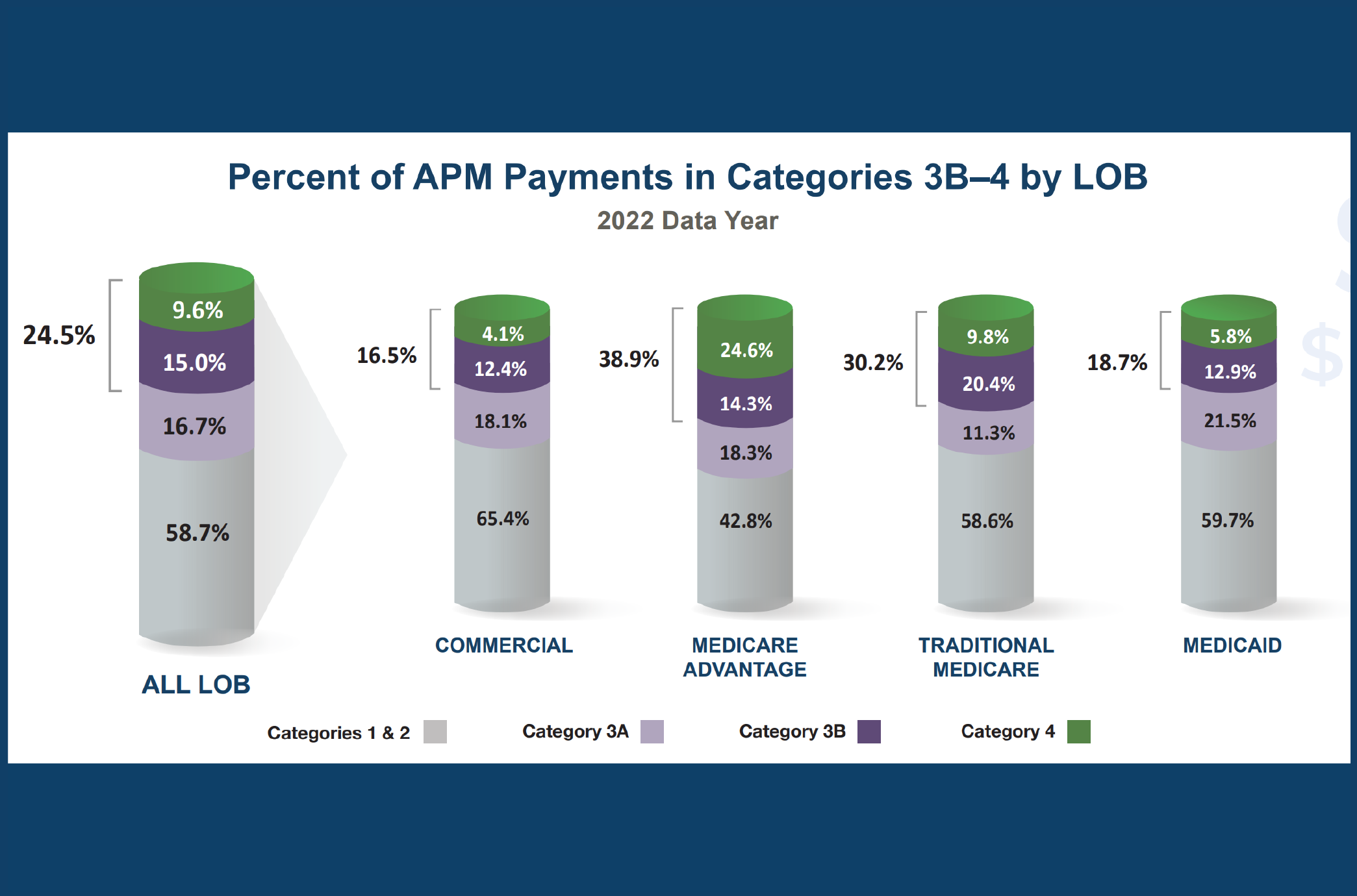
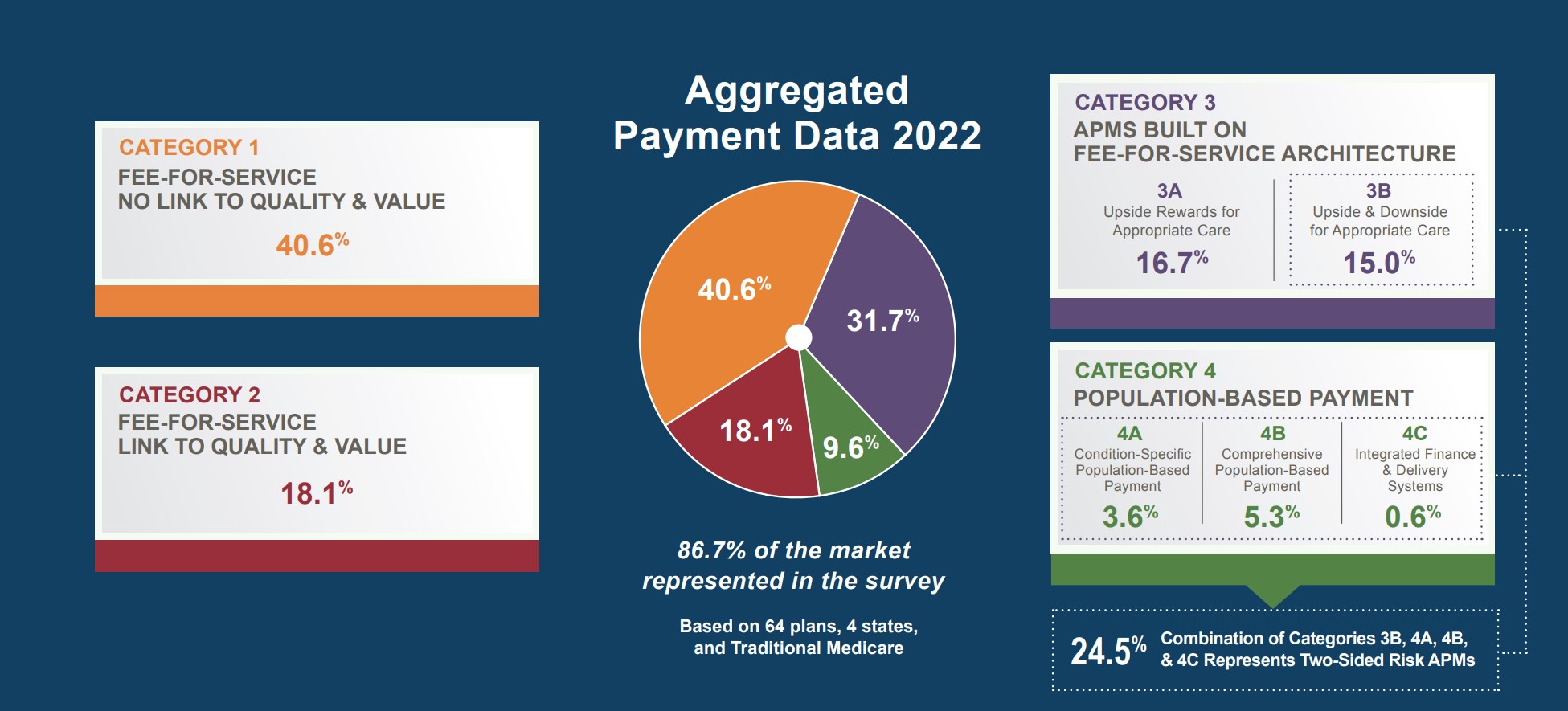

 Emily DuHamel Brower, M.B.A., is senior vice president of clinical integration and physician services for Trinity Health. Emphasizing clinical integration and payment model transformation, Ms. Brower provides strategic direction related to the evolving accountable healthcare environment with strong results. Her team is currently accountable for $10.4B of medical expense for 1.6M lives in Medicare Accountable Care Organizations (ACOs), Medicare Advantage, and Medicaid and Commercial Alternative Payment Models.
Emily DuHamel Brower, M.B.A., is senior vice president of clinical integration and physician services for Trinity Health. Emphasizing clinical integration and payment model transformation, Ms. Brower provides strategic direction related to the evolving accountable healthcare environment with strong results. Her team is currently accountable for $10.4B of medical expense for 1.6M lives in Medicare Accountable Care Organizations (ACOs), Medicare Advantage, and Medicaid and Commercial Alternative Payment Models. Mr. James Sinkoff is the Deputy Executive Officer and Chief Financial Officer for Sun River Health (formerly known as Hudson River HealthCare), and the Chief Executive Officer of Solutions 4 Community Health (S4CH); an MSO serving FQHCs and private physician practices.
Mr. James Sinkoff is the Deputy Executive Officer and Chief Financial Officer for Sun River Health (formerly known as Hudson River HealthCare), and the Chief Executive Officer of Solutions 4 Community Health (S4CH); an MSO serving FQHCs and private physician practices. Victor is the Chief Medical Officer for TennCare, Tennessee’s Medicaid Agency. At TennCare, Victor leads the medical office to ensure quality and effective delivery of medical, pharmacy, and dental services to its members. He also leads TennCare’s opioid epidemic strategy, social determinants of health, and practice transformation initiatives across the agency. Prior to joining TennCare, Victor worked at Evolent Health supporting value-based population health care delivery. In 2013, Victor served as a White House Fellow to the Secretary of Health and Human Services. Victor completed his Internal Medicine Residency at Emory University still practices clinically as an internist in the Veteran’s Affairs Health System.
Victor is the Chief Medical Officer for TennCare, Tennessee’s Medicaid Agency. At TennCare, Victor leads the medical office to ensure quality and effective delivery of medical, pharmacy, and dental services to its members. He also leads TennCare’s opioid epidemic strategy, social determinants of health, and practice transformation initiatives across the agency. Prior to joining TennCare, Victor worked at Evolent Health supporting value-based population health care delivery. In 2013, Victor served as a White House Fellow to the Secretary of Health and Human Services. Victor completed his Internal Medicine Residency at Emory University still practices clinically as an internist in the Veteran’s Affairs Health System. Dr. Brandon G. Wilson, DrPH, MHA (he, him, his) joined Community Catalyst as the Director of the Center for Consumer Engagement in Health Innovation, where he leads the Center in bringing the community’s experience to the forefront of health systems transformation and health reform efforts, in order to deliver better care, better value and better health for every community, particularly vulnerable and historically underserved populations. The Center works directly with community advocates around the country to increase the skills and power they have to establish an effective voice at all levels of the health care system. The Center collaborates with innovative health plans, hospitals and providers to incorporate communities and their lived experience into the design of systems of care. The Center also works with state and federal policymakers to spur change that makes the health system more responsive to communities. And it provides consulting services to health plans, provider groups and other health care organizations to help them create meaningful structures for engagement with their communities.
Dr. Brandon G. Wilson, DrPH, MHA (he, him, his) joined Community Catalyst as the Director of the Center for Consumer Engagement in Health Innovation, where he leads the Center in bringing the community’s experience to the forefront of health systems transformation and health reform efforts, in order to deliver better care, better value and better health for every community, particularly vulnerable and historically underserved populations. The Center works directly with community advocates around the country to increase the skills and power they have to establish an effective voice at all levels of the health care system. The Center collaborates with innovative health plans, hospitals and providers to incorporate communities and their lived experience into the design of systems of care. The Center also works with state and federal policymakers to spur change that makes the health system more responsive to communities. And it provides consulting services to health plans, provider groups and other health care organizations to help them create meaningful structures for engagement with their communities. Tamara Ward is the SVP of Insurance Business Operations at Oscar Health, where she leads the National Network Contracting Strategy and Market Expansion & Readiness. Prior to Oscar she served as VP of Managed Care & Network Operations at TriHealth in Southwest Ohio. With over 15 years of progressive health care experience, she has been instrumental driving collaborative payer provider strategies, improving insurance operations, and building high value networks through her various roles with UHC and other large provider health systems. Her breadth and depth of experience and interest-based approach has allowed her to have success solving some of the most complex issues our industry faces today. Tam is passionate about driving change for marginalized communities, developing Oscar’s Culturally Competent Care Program- reducing healthcare disparities and improving access for the underserved population. Tamara holds a B.A. from the University of Cincinnati’s and M.B.A from Miami University.
Tamara Ward is the SVP of Insurance Business Operations at Oscar Health, where she leads the National Network Contracting Strategy and Market Expansion & Readiness. Prior to Oscar she served as VP of Managed Care & Network Operations at TriHealth in Southwest Ohio. With over 15 years of progressive health care experience, she has been instrumental driving collaborative payer provider strategies, improving insurance operations, and building high value networks through her various roles with UHC and other large provider health systems. Her breadth and depth of experience and interest-based approach has allowed her to have success solving some of the most complex issues our industry faces today. Tam is passionate about driving change for marginalized communities, developing Oscar’s Culturally Competent Care Program- reducing healthcare disparities and improving access for the underserved population. Tamara holds a B.A. from the University of Cincinnati’s and M.B.A from Miami University.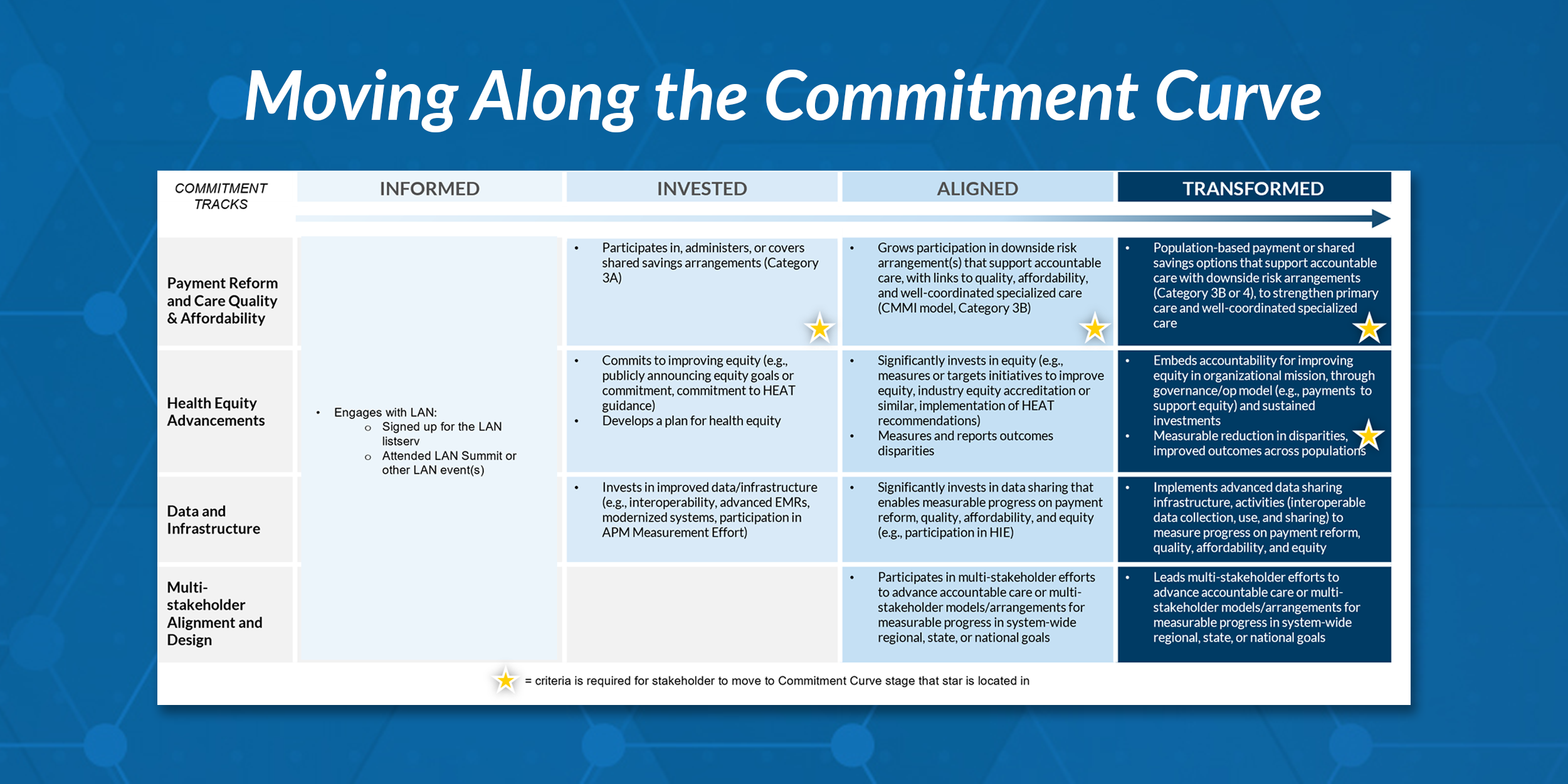
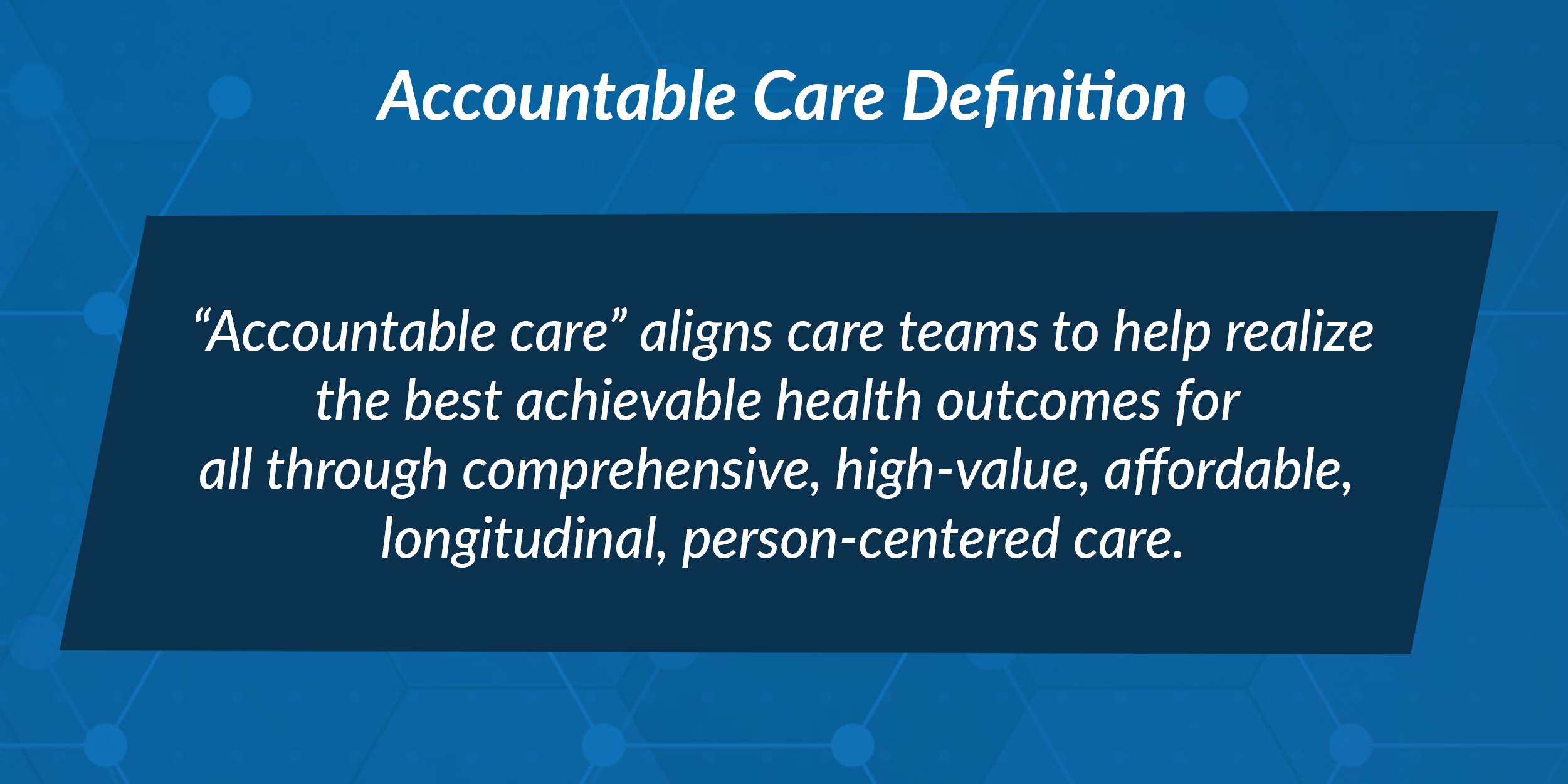
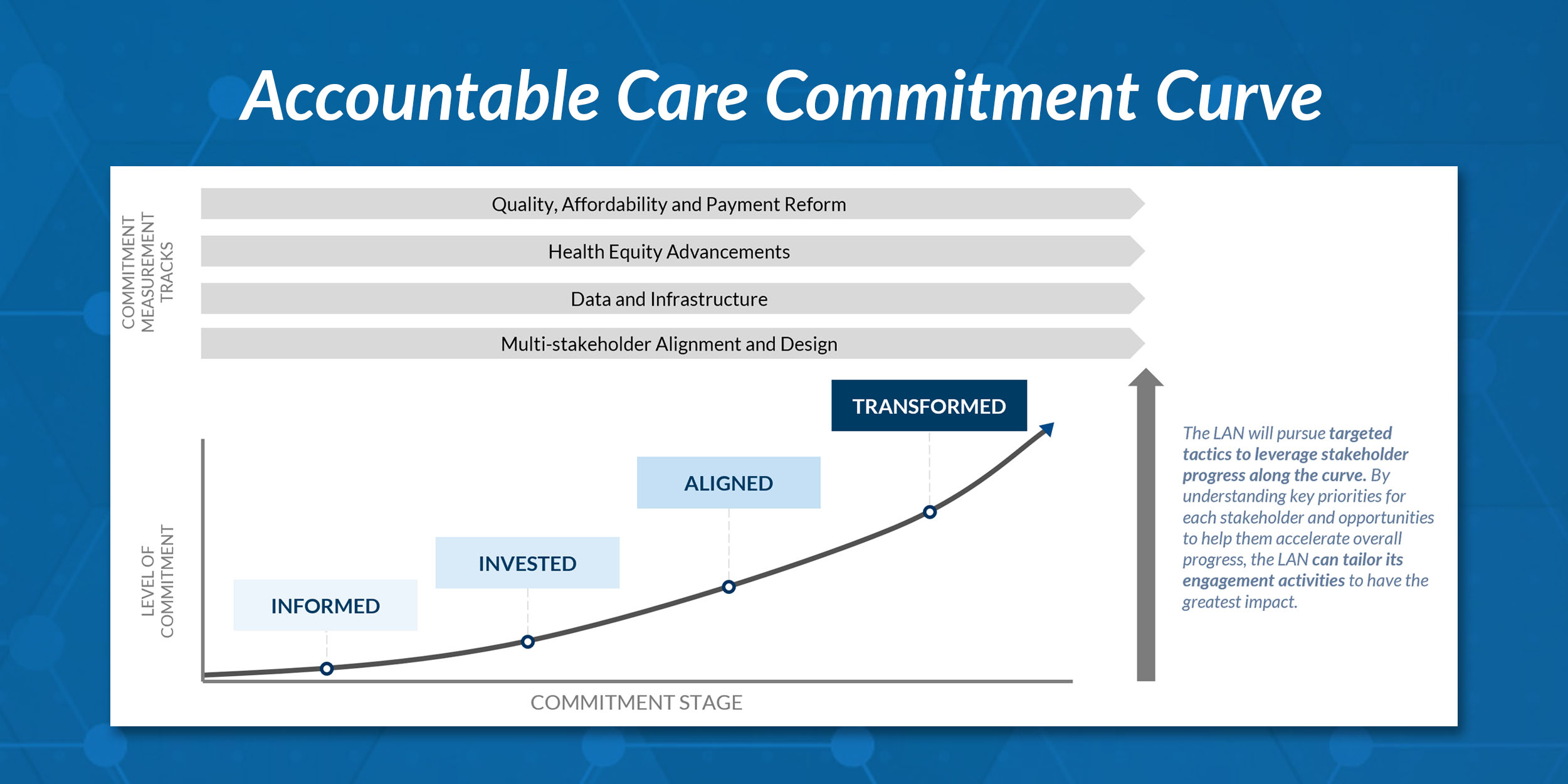
 Dr. Peter Walsh joined the Colorado Department of Health Care Policy and Financing as the Chief Medical Officer on December 1, 2020. Prior to joining HCPF, Dr. Walsh served as a Hospital Field Representative/Surveyor at the Joint Commission, headquartered in Oakbrook Terrace, Illinois.
Dr. Peter Walsh joined the Colorado Department of Health Care Policy and Financing as the Chief Medical Officer on December 1, 2020. Prior to joining HCPF, Dr. Walsh served as a Hospital Field Representative/Surveyor at the Joint Commission, headquartered in Oakbrook Terrace, Illinois.








